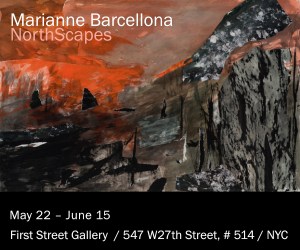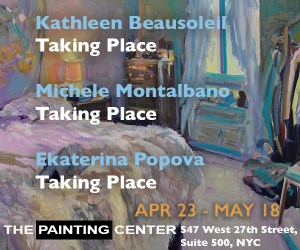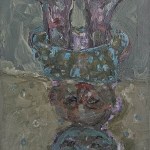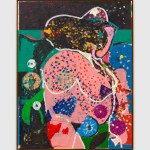
Contributed by Jonathan Stevenson / With Donald Trump�s victory in the presidential election, the principled advancement of civilization as the goal of politics seemed to give way to the venal aggrandizement of the clique. It�s a grim setback, but the story of the Nobel Prize-winning Chilean poet and politician Pablo Neruda, as told in his fellow countryman Pablo Larrain�s quirkily elegiac film Neruda, is a galvanizing reminder that progress takes a crooked path.
A Chilean patriot, Larrain portrays Neruda (a droll, knowing Luis Gnecco) as an endearingly louche and gifted hero of the left. As a communist senator, he is forced to flee Santiago in 1948 by a government that veering sharply to the right and for which eventual military dictator Augusto Pinochet, then a young officer, is an enforcer. In hiding Neruda visits brothels and bars while his wife, lacking clean underwear, feels compelled to stay in their room. In the midst of their itinerant escape and exile, they wind up in Paris, where Pablo Picasso, appreciative of Neruda�s support for republicans in the Spanish Civil War as a Madrid-based Chilean consul in the thrall of radicalization, sets them up. A few months earlier, the painter had dedicated a rousing speech to Neruda at the World Congress of Intellectuals for Peace in Poland.
The inventive director of No and Jackie was never likely to proffer a standard biopic, and Neruda is really a novelistic tribute cued by historical events. Larrain has called it an �anti-biopic,� and it takes the form of a lyrical chase movie with fluid points of view, pulsed by Neruda�s verse. Larrain�s cleverest artifice is police inspector Oscar Peluchonneau (Gael Garcia Bernal, heartbreaking in a Warren Oates way), who is dispatched by the Chilean government to pursue and arrest Neruda. Peluchonneau is a proud, strutting martinet who stands not on principle but on status. It is his role as a functionary in some larger machine that gives his life significance. While he is structurally the villain of the tale, he emerges a tragic, Chaplin-esque figure, operatically baffled about why he fails despite the putative rightness of his vocation. What he never figures out is that artists like Neruda are larger than institutions or boundaries. At the same time, he illuminates the symbiotic relationship between heroes and their foils: Neruda would not have been such a transcendent figure without a determined antagonist.
Back in Chile, Neruda would support Salvador Allende, who was elected president in 1970 and appointed him, fittingly enough, ambassador to France. Shortly after Pinochet deposed Allende in a CIA-backed coup in 1973, agents of the newly installed right-wing government searched Neruda�s home for subversive materials. He reportedly quipped, �There is only one thing of danger to you here � poetry.� He soon died while hospitalized for prostate cancer. Suspicions remain that Pinochet had Neruda poisoned. Although Pinochet held power for 25 years, he would die a pathetic, dissembling old man defeated and shamed by virtue of the belated enlightenment of his countrymen. Neruda�s legacy still soars. In art, Larrain suggests, there is hope.
Related posts:
Double feature: Artists and politics
Art and politics spiral downhill at the Guggenheim
















